A Quick Book Review
There seems to be a lack of new, independent publications on the history of the Olympic Games ahead of Tokyo 2020 this summer, so I revisited David Goldblatt's book, The Games: A Global History of the Olympics to help fuel my fandom.
It certainly did. The Games is an impressive read on the origins of Olympics, and takes the reader through the 120 years of the modern Games up to 2016, allowing appreciation for how far the Games have come - and the remarkable resilience of the Olympics as an institution.
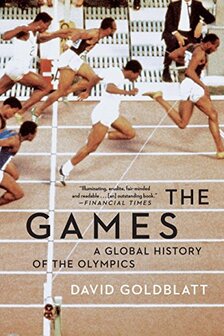
From that inspired start, the Games have persevered. Despite challenges from competitive "socialist" games, Nordic Games, separate women's games, and various bureaucracies and political challenges, the Olympic Games have grown from a sideshow to the most comprehensive and valuable sports property today.
Packaging Olympic history into different eras - e.g. the Games of the Belle Epoque period, post-World War I, tensions of depression and rise of fascism, post-World War II, start of the Cold War and post war re-branding, to a rapidly globalized era of economy and commercialism - The Games frames each Olympiad within the context of the socio-political forces at play in the world around them. One does get a sense of what the Games mean to the psyche of organizers, participants, and fans as each chapter unfolds, and as each Games comes back to life. Sample lessons include understanding the positioning of Rome 1960 and Tokyo 1964 as opportunities to showcase new, rebuilt, post-WWII societies, and how Barcelona 1992 should be viewed as a culmination, rather than start, of a cultural rejuvenation effort.
Along the way, countless trivia and background facts are shared. London 1908 was originally to be Rome, (and 1904 St. Louis originally Chicago), Stockholm 1912 the first to be separated from a leading World's Fair, and many other firsts: the first parade of nations (the unofficial Athens 1906 Games), the first podium ceremony (Los Angeles 1932), official Olympic film (Berlin 1936), the first official poster without a human representation (Melbourne 1956), the first evening Opening Ceremony (Barcelona 1992), and much more. It's all endlessly fascinating for an Olympics fan.
Although not treated as extensively as Summer, the Winter Games are certainly included. Of note, Goldblatt offers a good summary perspective of the origins of key winter sports (skating, ice hockey, curling), and the tidbit that the first Winter edition - Chamonix 1924- were only packages as an Olympic Games retroactively. Also a reveal is that longtime Olympic president Avery Brundage actively did not like the Winter Games.
Reading The Games today, a glaring problem is wanting more. Published ahead of Rio 2016, The Games obviously doesn't cover the North Korean dilemma at Pyeongchang 2018, nor today's Covid-impacted Tokyo 2020. I also wonder how Goldblatt would retrospectively address the massive fallout from Beijing 2008 and London 2012 drug retesting, and Russia's drug manipulation at Sochi 2014.
I'm also struck by considering Antwerp 1920 as a recovery Games coming out of WWI. With the world not knowing what to expect, but needing an Olympics, I immediately thought of a parallel to Tokyo 2020 and the current pandemic. Similarly, there are lots of unknowns as to what the Games will be. But what they can be - an inspirational moment of community and resilience - is known.
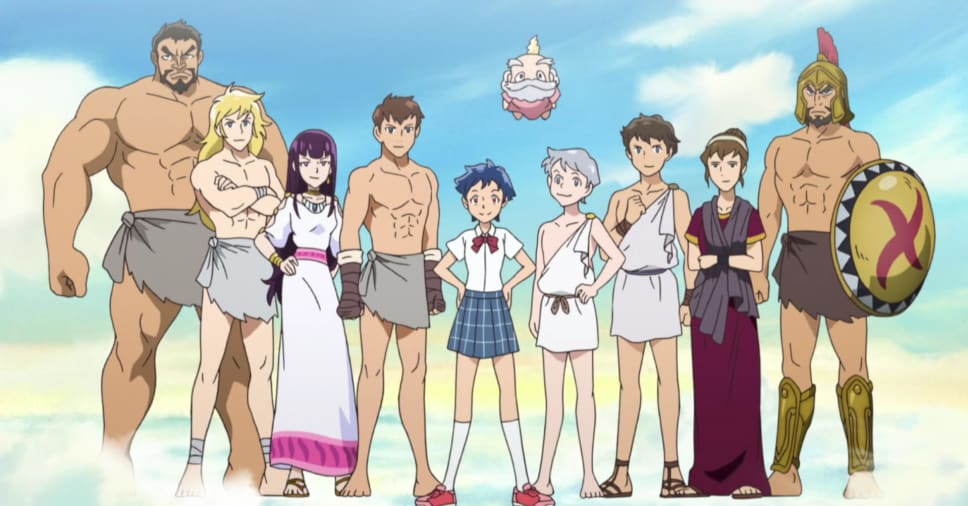
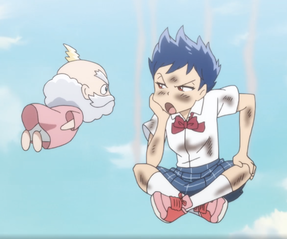

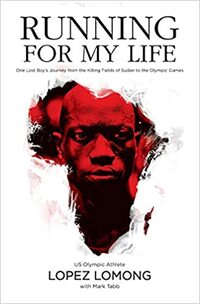
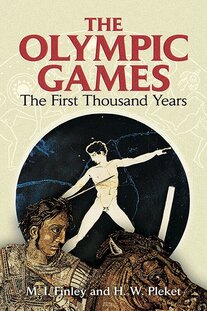

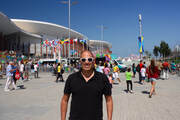
 RSS Feed
RSS Feed